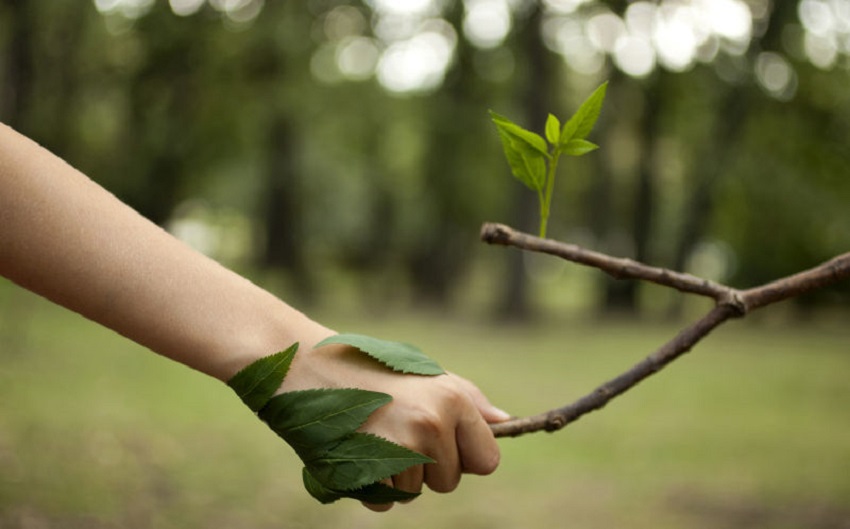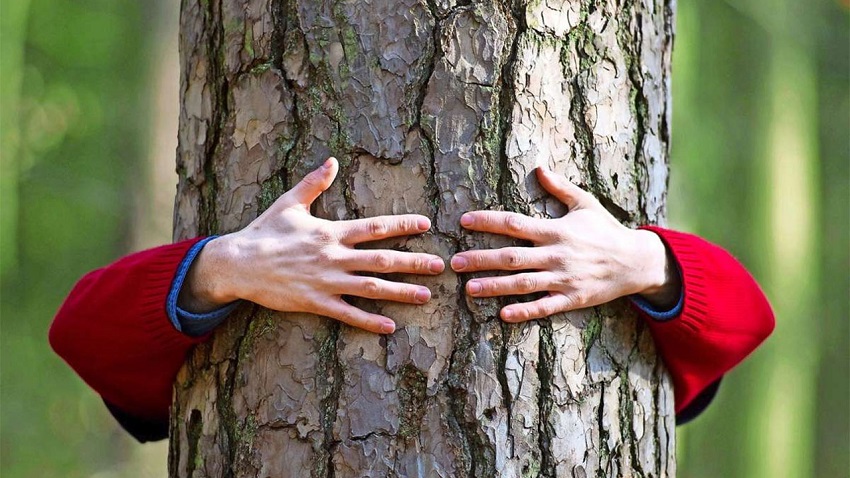In today’s fast-paced and technology-driven world, it’s easy to forget the deep-rooted connection between humans and nature. Throughout history, human beings have relied on the environment for survival, sustenance, and inspiration. However, with urbanization and modernization, the bond between humanity and the natural world has been strained. In this article, we will explore the intricate relationship between humans and nature, emphasizing the significance of preserving this invaluable connection for the well-being of both ourselves and the planet. This article is provided by anxietyreduction.com
The Inherent Connection
Appreciation for the Natural World
From the earliest civilizations, humans have held a profound appreciation for the wonders of nature. The vast landscapes, diverse flora, and fauna have been a source of inspiration, sparking creativity and curiosity. Ancient cultures revered nature as sacred, attributing natural phenomena to deities and spirits. This reverence laid the foundation for a harmonious relationship between humans and nature, emphasizing coexistence and respect.
Dependance on Natural Resources
Throughout history, humans have relied on nature’s abundance for survival. From food and water to shelter and clothing, our ancestors depended on natural resources for their daily needs. The early agrarian societies cultivated crops and raised livestock, forming a deep bond with the land and its cycles. The interconnectedness between humans and nature was evident in the way they adapted to seasonal changes and the availability of resources. Look into wellness and nature.
The Evolution of the Human-Nature Relationship
Industrialization and Disconnection
The onset of industrialization marked a turning point in the human-nature relationship. Rapid technological advancements led to urbanization and mass production, distancing people from the natural world. The shift from agrarian communities to urban centers meant that many individuals lost touch with the land, and nature became a distant entity. This disconnection not only affected individual well-being but also gave rise to environmental issues and concerns.
Rediscovering the Bond
Despite the growing divide, there has been a resurgence of interest in reconnecting with nature. Recognizing the adverse effects of environmental degradation, people are now seeking ways to rekindle their relationship with the natural world. From eco-tourism and conservation efforts to sustainable practices, the human-nature bond is being reinvigorated. Research has also highlighted the physical and mental health benefits of spending time in nature, further emphasizing the need for this reconnection.
The Impact of Human Actions on Nature
Environmental Degradation
Human activities, such as deforestation, pollution, and overconsumption, have taken a toll on the environment. The relentless pursuit of progress without considering the consequences has led to habitat destruction, loss of biodiversity, and climate change. These issues pose significant challenges for the future of both humanity and the planet.
Climate Change
One of the most pressing issues resulting from human actions is climate change. The burning of fossil fuels and the release of greenhouse gases have led to global warming, causing extreme weather events, rising sea levels, and disruptions to ecosystems. Recognizing the urgency, global efforts are being made to mitigate climate change and transition towards sustainable practices.
Preserving the Connection for a Sustainable Future
Conservation and Restoration
To foster a positive relationship between humans and nature, conservation and restoration efforts are crucial. Protecting natural habitats, promoting reforestation, and preserving endangered species are essential steps towards achieving a sustainable future. By actively engaging in these initiatives, individuals and communities can contribute to the preservation of the natural world.
Sustainable Living
Embracing sustainable practices is fundamental to preserving the human-nature relationship. Reducing carbon footprints, minimizing waste, and adopting renewable energy sources are all vital steps towards a greener future. By integrating sustainability into our daily lives, we can reduce our impact on the environment and create a better world for future generations.
Conclusion
The relationship between humans and nature is deeply ingrained in our history and identity. While modernization has brought progress and convenience, it has also led to a disconnection from the natural world. However, there is hope for the future. By appreciating and preserving nature, we can reestablish the bond and work towards a sustainable coexistence. Let us remember that our well-being is intertwined with the health of the environment, and by nurturing this relationship, we can create a harmonious and prosperous world for all.




